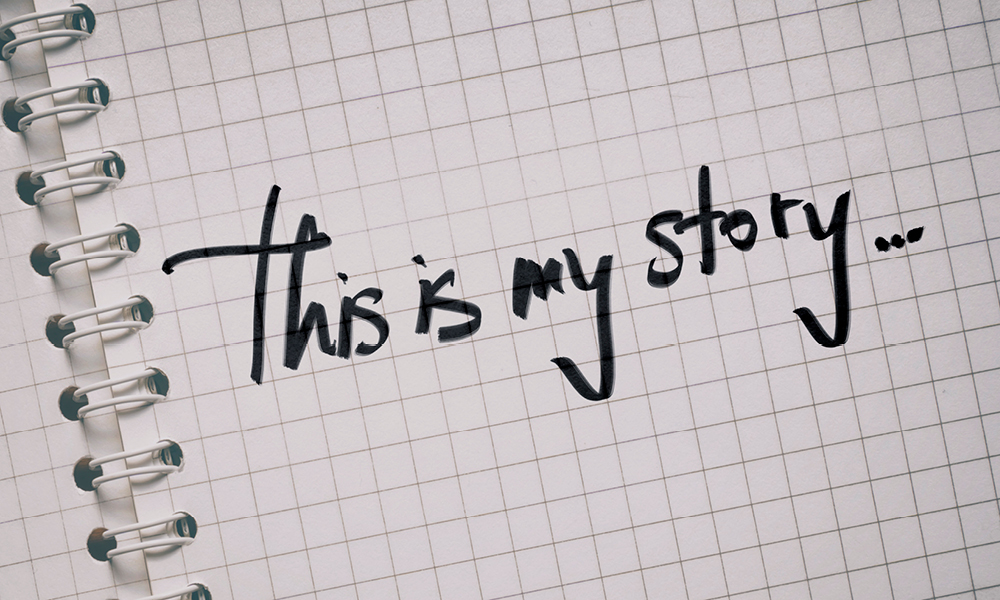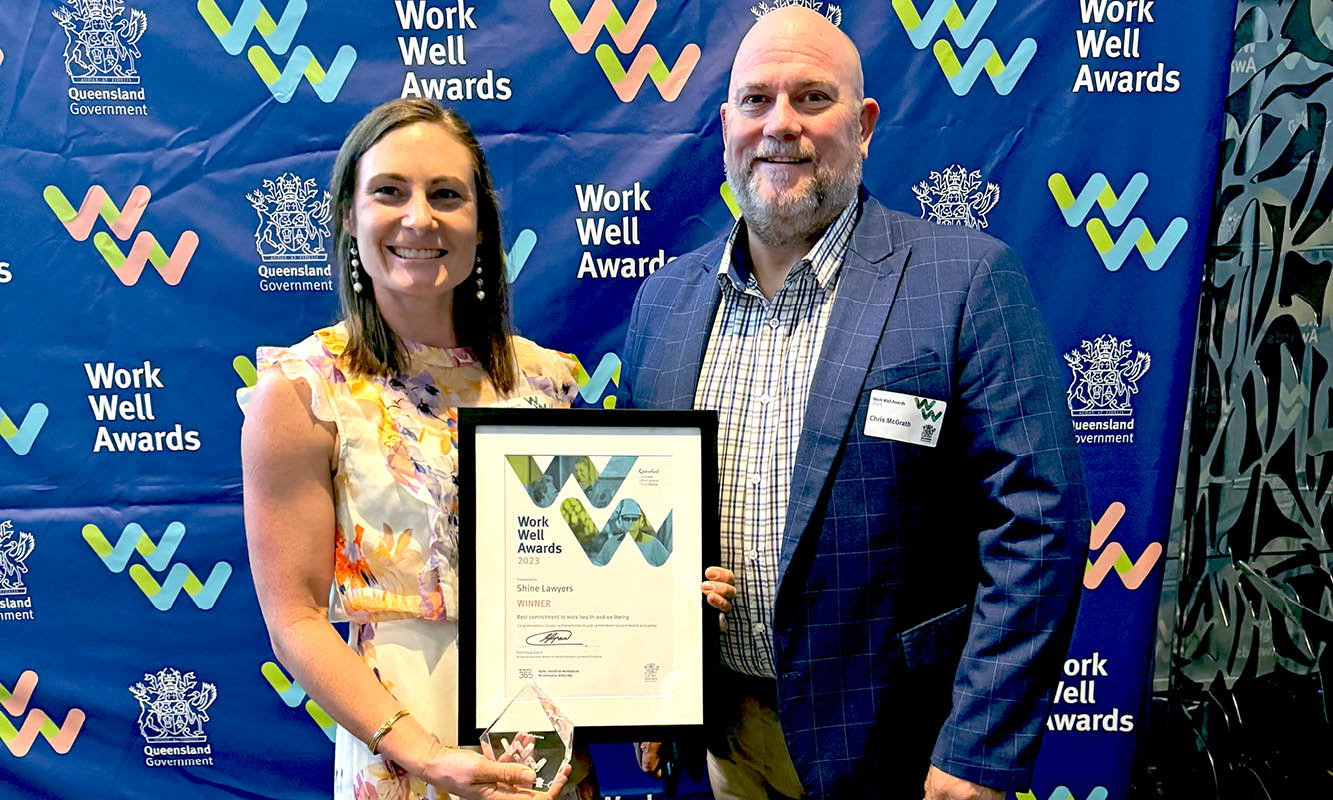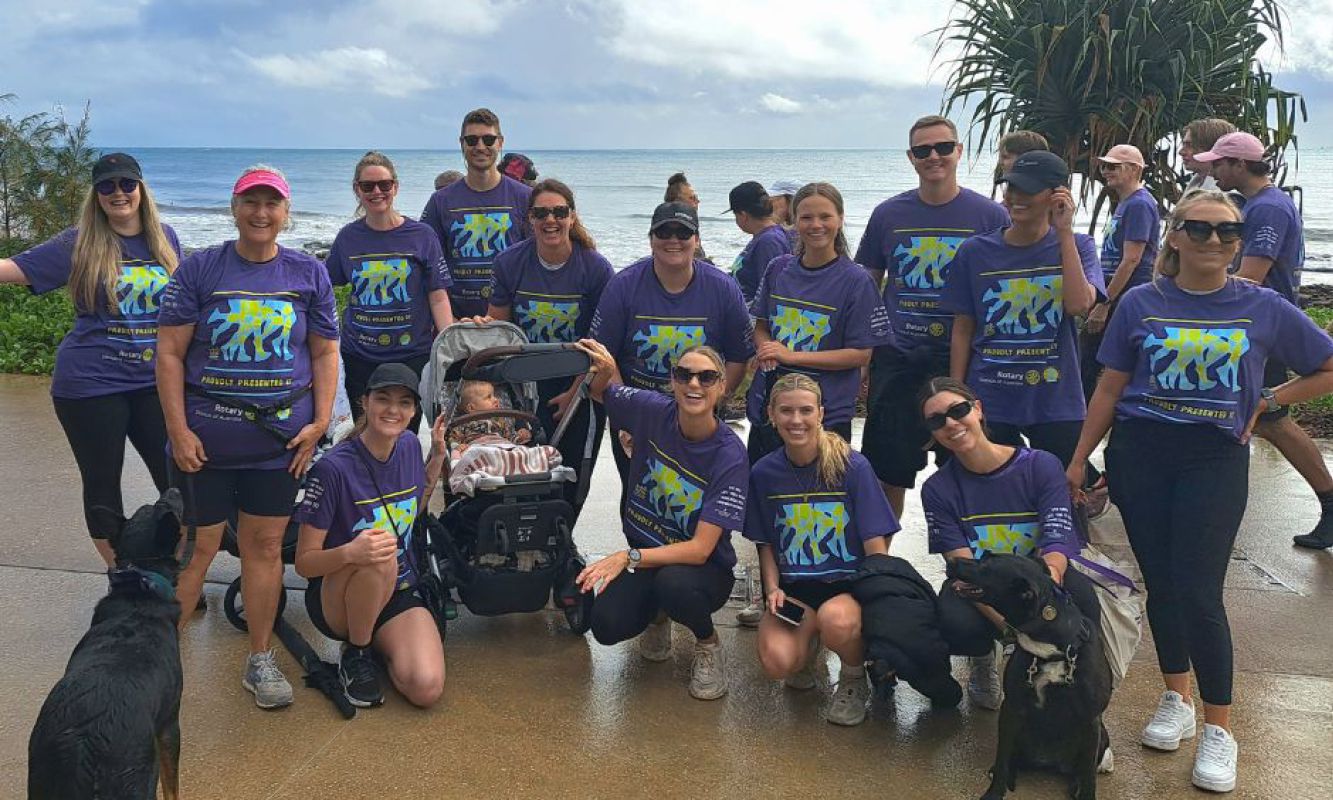In short, your personal brand is the sum of the perceptions, assumptions and beliefs other people have about you. When your name is mentioned, what associations come up for your colleagues, clients, peers and acquaintances?
Whether we are conscious of it or not, we express and communicate our personal brand in our daily interactions with others, in the way we dress and carry ourselves, how we respond to positive and negative events, and what kind of digital footprint we leave online.
Just ask yourself – if someone you have never met in real life did an audit of all the online information they could find about you, including posts and comments you have left behind on social media, who you follow and who follows you; how would they likely describe you? And another example: if you always tend to be the last person to join a meeting or are a few minutes late, how do you think others will judge you in terms of reliability, self-discipline, self-organisation and other traits that may be relevant at some point, e.g. when career advancement opportunities or highly visible, attractive assignments come up in your team? And why would a prospective client choose to work with you if they perceive you as disinterested, abrupt or disorganised?
Small things can add up over time and become your brand or reputation – the way others see you and feel about you, both on and offline.
Below are some tips to build a strong, authentic and positive personal brand:
- Start by reflecting on your values. What matters most to you in life? What do stand for, what are your non-negotiables, and which personal boundaries are you not willing to cross? Defining and cultivating your personal brand is an important aspect of self-leadership which is based on a well-developed sense of understanding who you are – and how you want others to see you.
- Identify your strengths. What are you naturally good at and enjoy doing? Which unique talents can you develop into true superpowers that will elevate your entire performance? Being able to focus on your strengths can boost your wellbeing, increase motivation, and help you achieve better results. If you are not sure what your strengths are, people who know you well in a professional or personal context may be able to help you identify them. If you want to go a step further, consider taking a professional and evidence-based assessment, such as the free VIA Character Strengths Survey, the CliftonStrengths Assessment or the Strengths Profile. They are all scientifically validated, can yield valuable insights and provide an excellent starting point to develop a positive brand.
- Be genuine and authentic. There is no point in pretending to be someone you are not, or acting as if you had a passion for something that leaves you secretly bored. Not only will it erode your perceived credibility and trustworthiness (people are usually able to see through disingenuity after some time), it will also leave you exhausted and frustrated. To make an impact in your world, think about what truly matters to you, what motivates and energises you, and what your talents are. If you can use these assets in a way that helps others or addresses an existing need, make them the foundation of your brand, keep improving and let others know about it.
- Carve your niche. You cannot be everything to everyone, nor should you sacrifice your psychological wellbeing by trying to please every single person. A brand that tries to stretch itself too far becomes weak and just blends into the background. To stand out, define your niche clearly and then occupy it fully. For example, put some thought into crafting deliberate, engaging and authentic messages around the particular services you want to offer, how you want to approach your work and relationships, and how this will address the needs of a specific subset of the broader market or segment of the community (your target audience). How is your unique brand different to that of your competitor down the road, and how do you explain this to others? Once you have identified your niche, it will be easier to find your tribe – the people you want to work with, who you can have mutually beneficial relationships with and whose company you will enjoy.
- Make yourself heard. Know your story and be ready to tell it. Rather than drafting a formal elevator pitch which can sound a lot like self-marketing, create a compelling and consistent narrative to engage with others. Who are you, what do you stand for, how did you get to where you are today, and where are your headed on your journey? Another goal you may want to set yourself is to speak at least once at every meeting you attend. If you want people to remember that you were present at an event or meeting, make sure you make a meaningful contribution. Of course, the idea is not to speak just for the sake of it (you don’t want to be remembered for the wrong reasons!), so always arrive prepared and be ready to share your thoughts and insights where they add value or show your strong commitment.
Remember that your behaviour and your words will communicate a story to others. Creating a strong, positive brand starts with good self-awareness, knowing who you are and the confidence to be your authentic self.
If you would like to learn more, don’t hesitate to reach out to the QLS Solicitor Support service on ethics@qls.com.au or p. 3842 5843 to speak to someone in a judgement-free and supportive environment.














Share this article